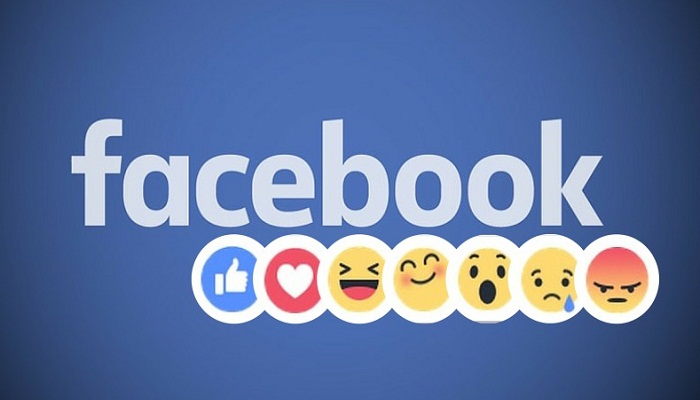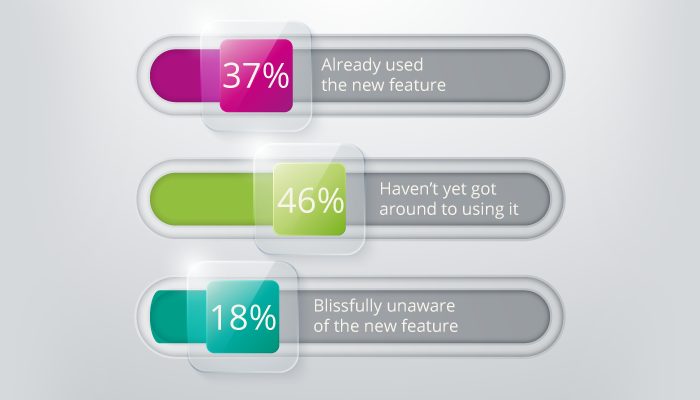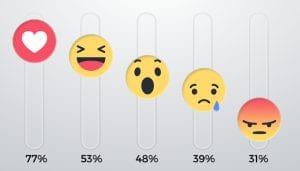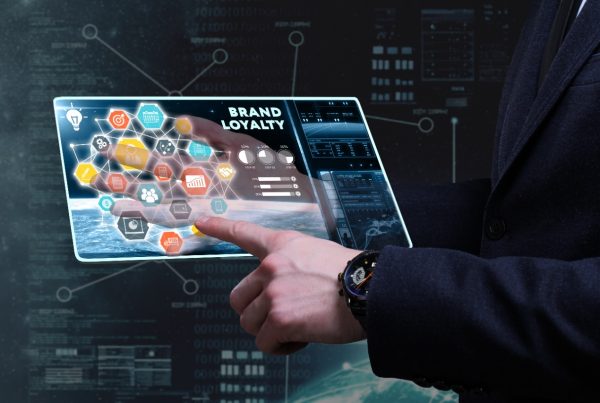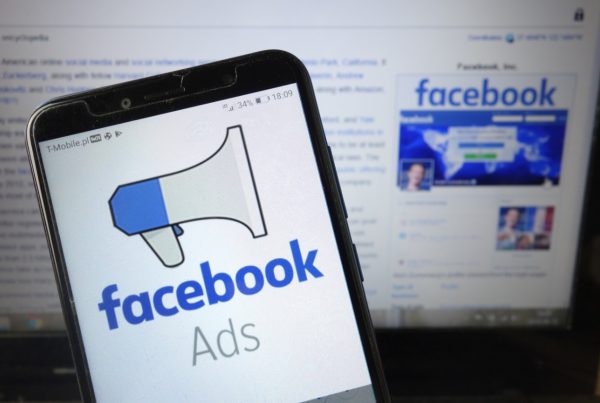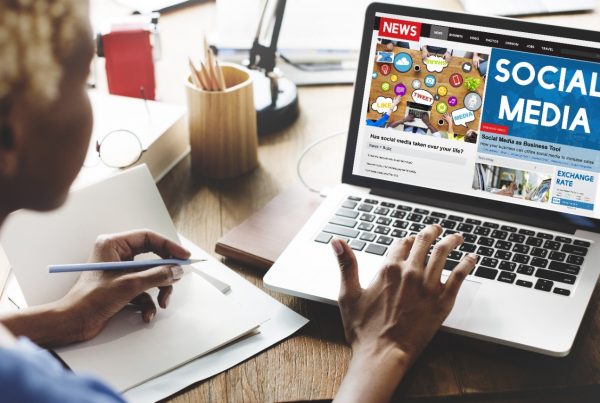Facebook’s new Reactions feature made us go yay, wow, love and more! More on that here
Think of the many emotions you experience in a single day, a single hour and even more microscopically every minute, and try describing them in, say, one word. Tough, isn’t it? After all no one can claim to experience anger all the time or happy ‘hahaha’ all day through. Just as situations change, so do our reactions to it. And that’s exactly what Facebook’s new Reactions feature is all about- your Emotions/ Responses/ Upshots and how you express them in your social interactions on Facebook.
It’s a change, whose time had come
From the time that it was launched, Facebook’s Reactions has received a whole bunch of reviews encompassing brands and businesses besides individual users who find that the new emoji’s come with their own set of benefits and drawbacks that vary depending on the situation at the given time.
However, as change goes, Reactions does reflect the need for the people to express themselves more clearly on the social platform. Remember here that emotions expressed on a face-to-face interaction tend to be read differently while those expressed online tend to be interpreted in a different way.
How it changes the way we react
To start with let us take the example of a string of likes on a friend’s page. What does that make the other ‘friend’ feel? Jealousy, love, boredom, resentment; it could be any one among these or maybe neither of them altogether. So how then does this ‘friend’ react? Well, in the case of the new feature, the ‘friend’ has a choice of six emojis to pick from.
Nonetheless, therein perhaps lies the limitation, you see, earlier with the like button, which was a blanket feeling used to express a range of emotions, and now with the new Reactions that limit it to six emojis of “love,” “haha,” “yay,” “wow,” “sad” or “anger“, one cant really say that they succinctly cover the gamut of complex feelings that exist out there.
But then that’s just making a case in point where individual relationships are concerned. Talking about advertisers, the Reactions open up a whole new world of possibilities besides heralding countless other means of engagement that can be brought forth by them. Corporates giants, brands even small businesses will obviously be privy to a host of valuable data that will be easily interpreted through the emojis.
This in turn sets in motion the wheels of more revenue and more data because not only will advertisers be sending in more targeted advertisements to the users but also getting a firsthand feel about the users feelings as they directly post it in their News Feeds.
Does this augment Facebook as a stronger contender in the online ad marketplace, we think, yes! What’s more, it also means an improved case for yanking up ad prices. With 1.6 billion worldwide users, this is a change that stakeholders will most certainly be happy with.
Get a load of this-
Nothing gives an insight about users’ reactions as numbers do. Take a look at the stats for the Facebook Reactions so far-
And the vote goes to-
- Love makes the world go round- 77% love the “love” emoji
- But then again, who doesn’t like a good haha- 53% of users have gone in for the Haha emoji at least once
- The ones who got red with anger – 31%
- Need we say more- 39% of FB users have used the sad emoji
- wow – 48% have used the WOW reaction
Reacting to Reactions
Let us say, a local pizza outlet is requesting his customers to respond on his Facebook page with comments on the new menu. Aside from the usual comments shared on the pizza outlets timeline, users can now respond with an added “love” emoji or a WOW reaction. In this case, the outlet owner can quickly browse through the comments and gauge customer’s feedback in a jiffy.
Likewise, imagine you’re viewing a friend’s picture album of a holiday trip someplace. Funny pictures that tickled your funny bone can be expressed quickly with a Haha emoji or the fact that you weren’t accompanying your friend on the holiday can be expressed with a quick sad emoji (or an angry one, depending on what you really felt).
Our take on it-
Coming back to our initial perspective of analysing social relationships on FB, one thing is certain, users will have the opportunity to engage themselves more with each other via a fairly expressive emoji whilst opening up an avenue for a deeper, more responsive, clear interaction.
Yay, don’t you think?

